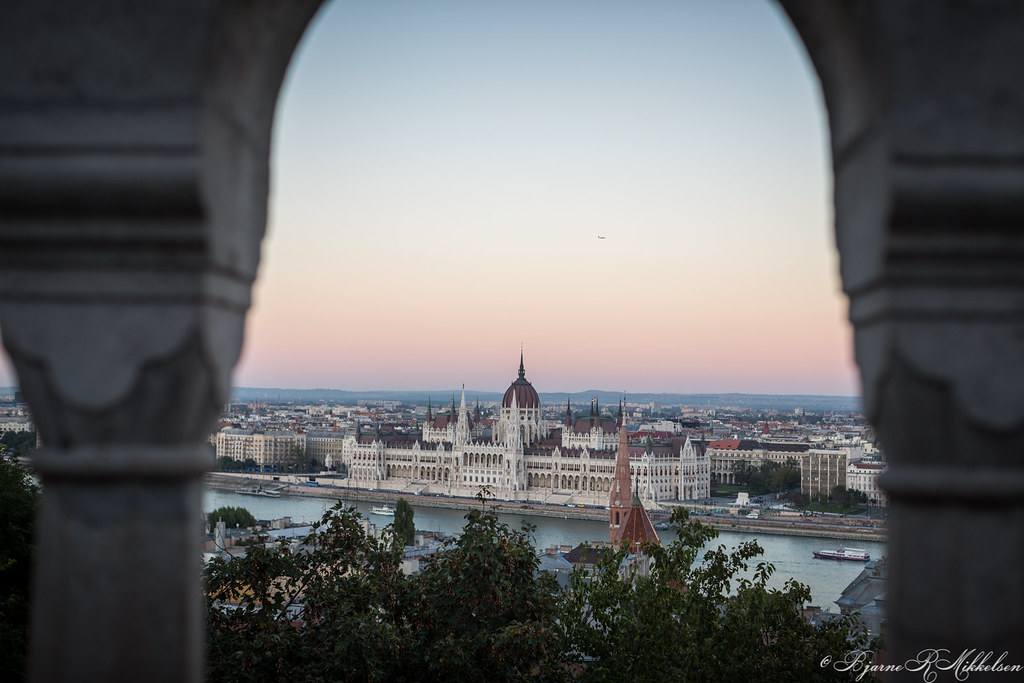
Introduction
Budapest, the capital of Hungary, stands as a testament to the country’s rich history and cultural vibrancy. With a population exceeding 1.7 million, it is not only the largest city in Hungary but also a significant hub in Central Europe. As travel resumes internationally, understanding the importance of Budapest in tourism and cultural exchange becomes vital. Amidst its picturesque landscape, adorned with architectural marvels and historical sites, Budapest captivates millions of tourists every year, making it a key player in the European travel industry.
The Unique Charm of Budapest
Divided by the mighty Danube River into Buda and Pest, each side of the city boasts distinct charm and attractions. Buda, with its hilly terrain, is home to the iconic Buda Castle, a UNESCO World Heritage Site, and offers panoramic views of the city. In contrast, Pest is known for its lively atmosphere, bustling markets, and vibrant nightlife.
Tourism in Budapest has been on the rise, with the city recording approximately 4.3 million international visitors in 2019 before the pandemic struck, highlighting its significance as a travel destination. Attractions such as the historic thermal baths, including Széchenyi and Gellért, have found great favor among tourists seeking relaxation as well as cultural experiences. Additionally, the Hungarian Parliament Building, one of the largest and most stunning parliamentary buildings in the world, draws visitors for its Gothic Revival architecture and historical significance.
Recent Developments
As of late 2023, Budapest is actively promoting its sustainable tourism initiatives to recover from pandemic-related losses. The city has been working to enhance public transport options, aiming to decrease congestion and pollution while providing easy access to its historic sites. The local government is also investing in the preservation of its cultural heritage sites, ensuring future generations can enjoy the city’s rich history. Recent studies indicate a surge in interest in eco-friendly accommodations and activities among tourists, prompting local businesses to adapt and innovate.
Conclusion
Budapest is more than just a beautiful city; it is a vibrant cultural hub that continues to evolve while honoring its rich heritage. For travelers, it offers a mix of historical exploration, relaxation, and energetic nightlife. Looking forward, Budapest’s commitment to sustainability and the preservation of its cultural treasures ensures it will remain an appealing destination on the European travel map. As global travel resumes, visitors can anticipate an enriching experience amidst the stunning backdrop of Budapest’s riverside views, historic architecture, and warm Hungarian hospitality.



